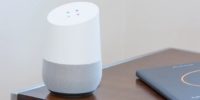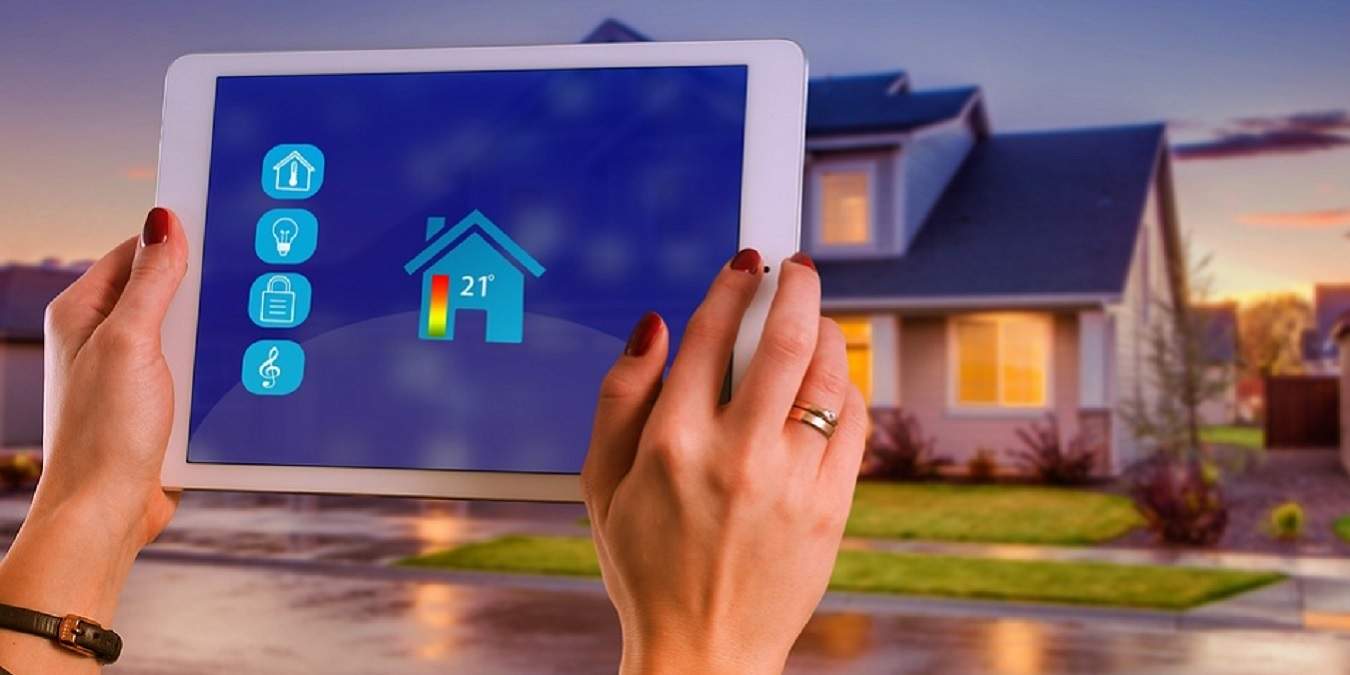
The last decade has been a boon for all things smart home, as it has become part of everyday living. Everything from light bulbs to thermostats to your sprinkler system has been touched by the smart home bug. We see smart products in movies and on TV, and it’s almost as if Amazon Alexa and Google Assistant are everywhere. With all of that perception, the definition of what truly makes for a smart home has become muddled. It’s time to redefine what makes a smart home so the term has real meaning in the future.
What Do You Think a Smart Home Is?
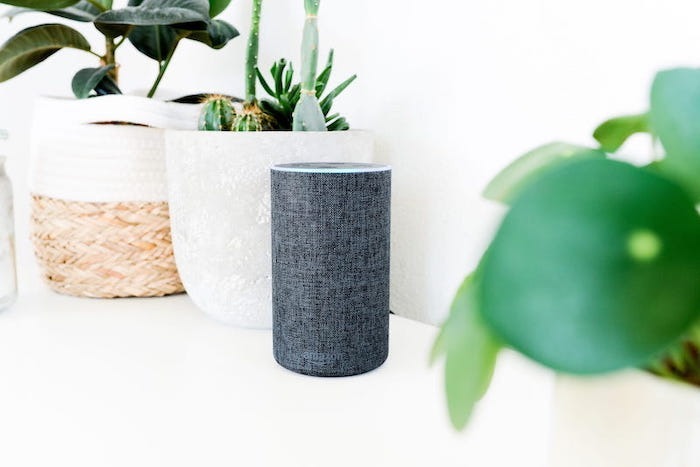
In today’s world, we’re likely to think of a smart home as any house that has at least one piece of technology that is “connected.” Whether that connection is done by remote control, smartphone, tablet or by voice, if it is online, it’s considered a smart home. It is all too common now for homeowners to put one or two smart pieces of technology like Amazon Alexa in a home and call it smart. That is a growing trend that is leading to a bad definition of what a smart home really should be. It’s in this spirit that we need to better define for the future what is simply a trend and what is truly redefining how we are living.
Defining Smart Devices
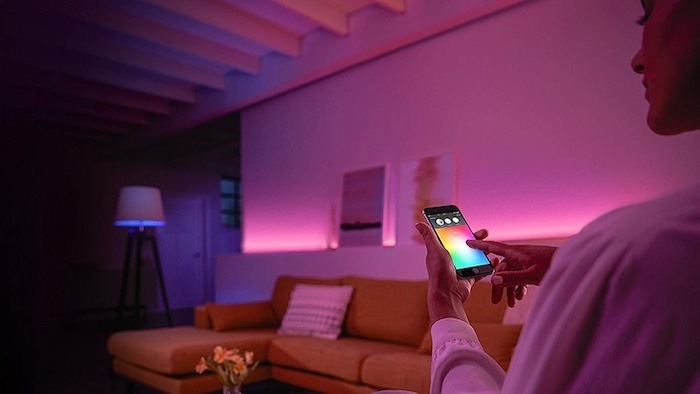
Defining smart devices is best done in a way that looks at them in one of two ways. Is it superfluous or does it add real value? In that sense, a color-changing smart light bulb hardly defines a home as smart. On the flip side, a smart lock that can be controlled by voice or by smartphone app from anywhere in the world adds real value. The smart lock is contributing to our lifestyle and making it more convenient. The color-changing lightbulb is more a party trick than anything that might improve our lifestyles.
Everything Needs to Integrate
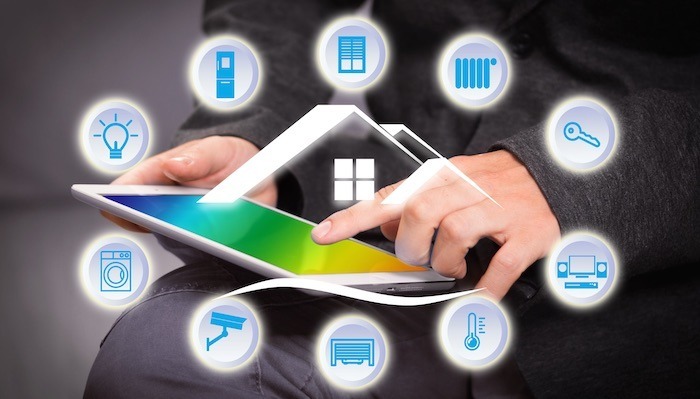
All of this begs the question of how we should define the smart home. There is no universally agreed-upon answer, but that’s not the end of the story. We should define the smart home as a place that is full of integrated devices, each with its own smart capabilities. What we should want to see as part of the definition is an ecosystem that comes together to improve our lives wholeheartedly.
Now, we’re not talking about a smart home like the Jetsons. We know that’s not feasible at this point. However, the Jetson’s vision is not far off. In fact, it is a prime example of what a smart home can and should be. It’s all about integration. A smart home should be filled with smart devices that talk to each other.
Benefits of Definition Change
One reason we need to properly redefine the smart home is the rising tide of buzzwords. Try a search for smart home products on the Internet, and you are inundated with not only listings for real products but companies playing on buzzwords. While many want to think that a Bluetooth door lock is smart, it isn’t. Does it look better than the traditional door lock we have been using for nearly two hundred years? Absolutely. Does it add anything more than convenience? Not really.
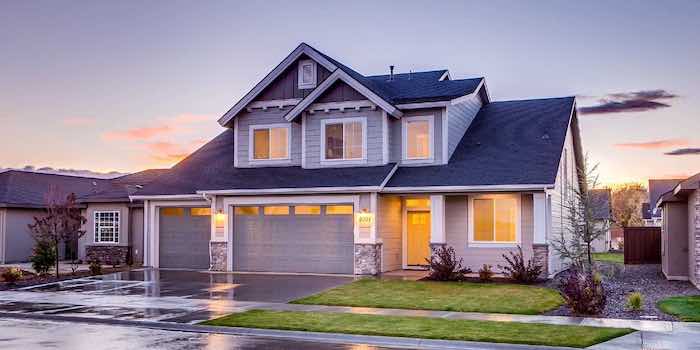
Instead, a door lock should only be considered smart if you can open it from anywhere in the world, it can be fully integrated into a host of other smart products, and it moves beyond mere buzzwords. Using “smart” to sell products is not going anywhere, but that does not mean we need to accept it as an umbrella definition.
If you want to sell your house, adding a smart thermostat and a single Amazon Alexa speaker does not make it smart. Adding those products plus a host of other pieces of technology that all integrate together does make it smart. If a smart home means you have more work to do, then it isn’t smart. It’s just frustrating.
Wrapping Up
At the end of the day, it is unlikely that we will move the world toward one agreed-upon definition of what truly makes a home smart. However, we should not be eager to accept today’s definition as the status quo. We should all want and hope for the smart home to be defined as something that really lives up to the promise of the word “smart.” Whether you believe in this new definition or not, these tips will help you get started with your smart home.
